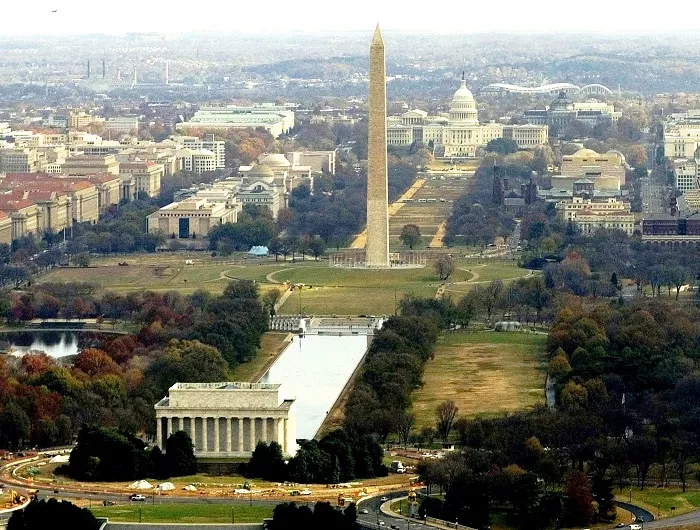Some progress, but lawmakers must do more to help vulnerable Americans with Covid-19

Statement of CSPI policy director Laura MacCleery
Last night, the Senate passed H.R. 748, the Coronavirus Aid, Relief, and Economic Security Act, which provides more than $2 trillion in emergency aid for those affected by COVID-19. The Center for Science in the Public Interest applauds this bipartisan effort to address public health and economic threats during this pandemic, but much more is needed.
The bill offers some relief for displaced workers, impacted industries, and state and local governments, yet it fails to include critical expansions for nutrition assistance and worker protections.
Among the Act’s provisions, the U.S. Department of Agriculture was allotted $15.8 billion, an increase required under current law to cover existing benefits for the rising number of Americans that require the Supplemental Nutrition Assistance Program during this pandemic. Yet Congress failed to provide a 15 percent boost to SNAP benefit levels to reflect the rise in food insecurity as more families face underemployment. Benefits currently average a measly $1.40 per person per meal. SNAP benefits were temporarily increased during the Great Recession, and evidence shows the program’s effect in reducing poverty and providing an economic stimulus.
We also commend Congress for last week (in the second stimulus package) suspending SNAP work requirement restrictions for adults with barriers to work during the public health emergency.
Disappointingly, Congress also failed to pass critical worker safety protections. Lawmakers did not require the Occupational Safety and Health Administration to issue an Emergency Temporary Standard to mandate that employers offer adequate protections for front-line health care workers and others at risk.
Lawmakers also missed a critical opportunity to provide universal paid sick days and paid family and medical leave. Because these protections allow sick workers to stay home when they are sick, they must be a priority in any subsequent bill. Without these, workers will be incentivized to continue working even while ill, potentially facilitating viral transmission to others.
Unfortunately, lawmakers have more to do to ensure that public health and the needs of the most vulnerable Americans come first.
Contact Info: Contact Jeff Cronin (jcronin[at]cspinet.org) or Richard Adcock (radcock[at]cspinet.org).

